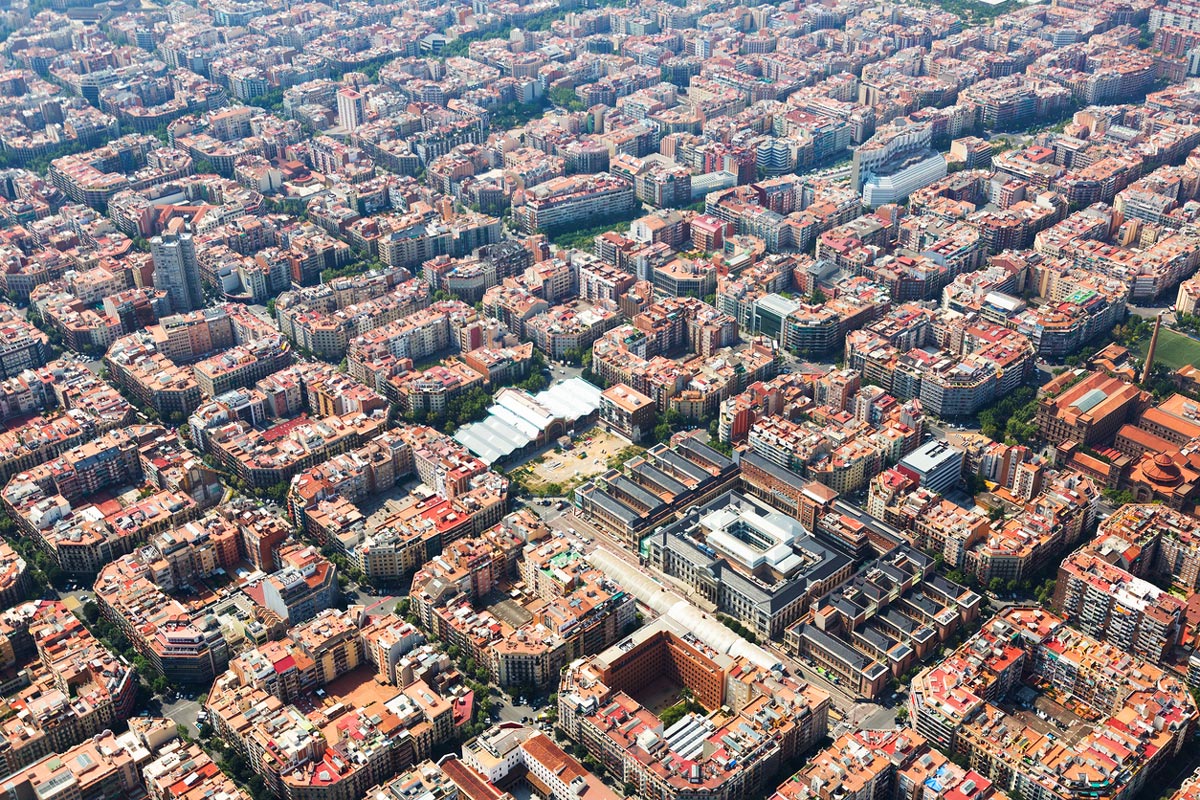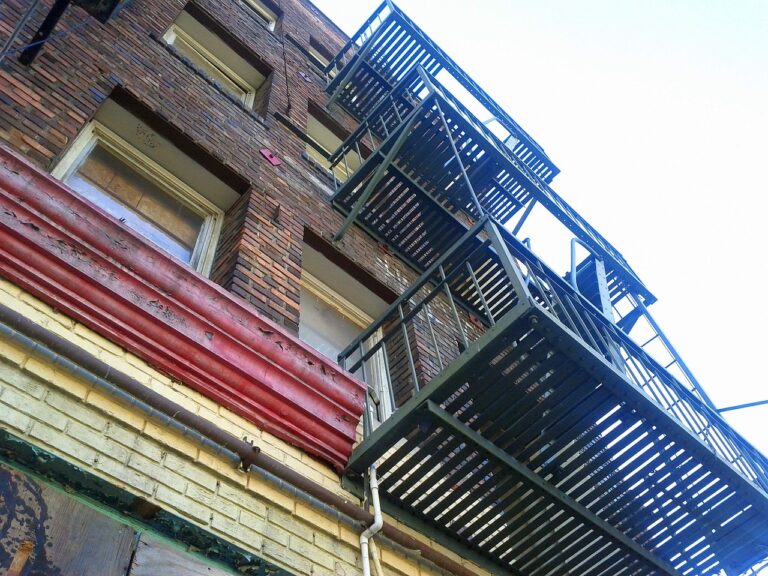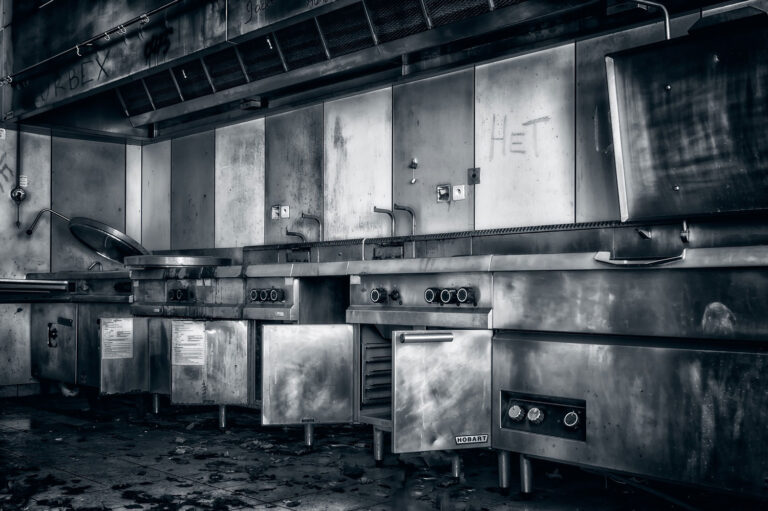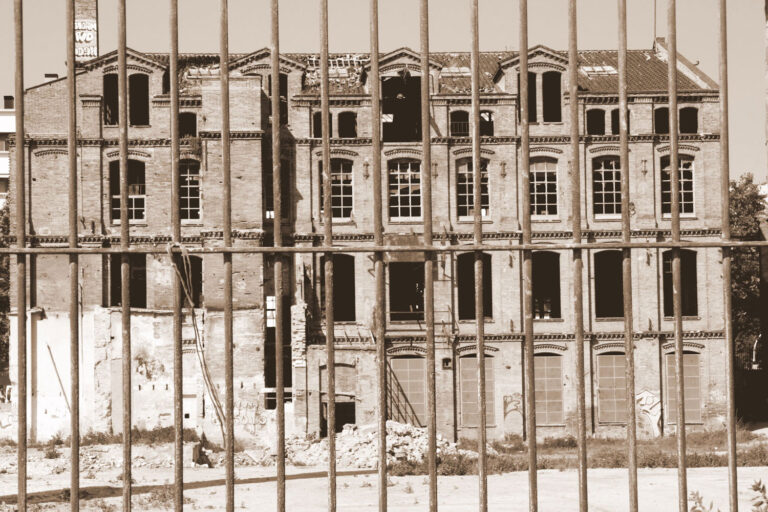How will the new hotel regulation affect the tourism industry in Barcelona?
After hearing and debating all the allegations, suggestions and complaints, the Plenum of the Municipal Council of Barcelona’s Town Hall has approved and published in a final form the Special Urban Plan of Tourist Accommodation (acronym “PEUAT” in Catalan) with a new hotel regulation. The agreement dates from January 26, but it has not been until March 6 (a month and a half later, an unusual situation) when it has been published in the Official Newsletter of the Province of Barcelona (BOPB). The new PEUAT is in force since March 6, 2017. For 2 months, it can be challenged through the contentious-administrative jurisdiction.
The PEUAT regulates the implementation and expansion of tourist accommodations in Barcelona, which include: youth hostels, collective temporary housing, houses for tourist use and hotel establishments. Special urban plans do not usually please the entire population given the diversity of political and economic ideas, but they do contribute to the organization of one of the fundamental activities of Barcelona: tourism.
There is a current debate on this matter in which it is difficult to position. Even so, in our opinion, the decongestion of the urban center and the consequent expansion of hotel activity to the periphery is a good public policy objective. But the method chosen to achieve this goal is probably not the most appropriate. From our point of view, we understand that the way of stimulation and encouragement are stronger and more logical than the way of prohibition. Citizens and businesses in Barcelona bear the greatest tax burden in Spain by far, while the city is the least indebted of Spain, also with a large difference. This political objective of moving hotel business to less dense areas could be achieved with tax benefits on land tax, commercial tax, construction tax, and license fees for the hotels to be established in these areas and create jobs. In fact, that movement de facto is already happening with the adjoining town of Hospitalet de Llobregat, where there is no moratorium or restriction, and where they are incubating hotel projects for customers whose destination is Barcelona. The Catalan capital is a reference city in terms of investment, which has contributed to attracting foreign capital for the security, liquidity and profitability offered in investment operations, including the tourism sector. At this point (as in many others), the data contradict the political discourse: 2007 1Q Catalonia has attracted the larger chunk of real estate investment in Spain, overpassing even Madrid.
For years, the international hotel operators have mobilized their expansion teams to establish their flagship hotels in Barcelona. But with the definitive approval of the Special Urban Plan including the new hotel regulation, the hotels’ companies will face a new problem to install their establishments in the urban center of the city, since these are areas of negative growth or maintenance. Therefore, these areas would only allow the implementation of a new hotel in the case of purchasing an entire building that was previously dedicated to the same activity: tourist accommodation. Consequently, if we refer to the plan made public, the central area and the ring adjacent to the city is paralyzed in what new projects concerns.
As a summary, we could highlight the following main ideas about what the PEUAT establishes about the hotel regulation:
- Different areas are defined per their capacity to host new tourist establishments, based on four aspects: the intensity of the current offer of tourist accommodation, the ratio of places offered in relation to the resident population, the saturation of public space and the urban morphology.
- The installation of tourist establishments can only be located in buildings in which none of its entities is been destined to the use of housing since July 1, 2015. In addition, it is required that the entire building is intended to the touristic accommodation, with the only exception of the ground floor that can be used for other activities, as long as it is not used for housing.
- The establishments of tourist accommodation in its different modalities that have a capacity of more than 350 places, must redact and approve an integral Special Plan for its urban implantation.
With respect to the various delimited areas, there are different objectives and limitations:
- In the ZE-1 zone, defined as a natural decrease area, no new establishments can be implemented and the expansion of the existing establishments is restricted.
- In the ZE-2 zone, configurated as a maintenance zone, the extension of the existing establishments will not be allowed. But, if an establishment is dropped from the census, another can be implemented with the same number of places.
- Zone ZE-3 is configured as a zone of contained growth, so it will be possible to implant new establishments and expand existing ones, as long as the maximum density of places is not exceeded. In any case, a new establishment may be opened when there is a drop in Zone 1 or Zone 2.
- Zone ZE-4 is in the process of development, so it intends to increase the number of tourist establishments, but fulfilling some requirements. This zone is divided into three sub-zones: ZE-4a comprising the Marina del Prat Vermell area, ZE-4b comprising the Sagrera area and ZE-4c comprising the 22 @ Nord area. All of them have a number of tourist places that give space to new projects.
Barcelona, as happened in other world cities (London, NYC, Paris …) should grow in terms of tourism using their peripheral neighborhoods, that today still seem marginal and commercially not attractive for tourist. These areas are called to become neighborhoods with their own personality in the city. It is a new stage for risky visionary and disruptive entrepreneurs wanting to invest in these new areas.
The Catalan capital, due to its frenetic pace of constant evolution, is being a constant challenge for the current city administration. It is a huge challenge to satisfy all parties involved in this puzzle: on the one hand maintain the balance between the welfare of local citizens and stress caused by the sustained increase in tourists visiting the city; on the other hand, not slow down the biggest economic activity of the city (in GDP contribution and employment); all together combined with a change in the economic model in the city.
For more information, you can visit the following link developed by the Barcelona City Council which provides more information about the new hotel regulation in a very useful and visual way:





